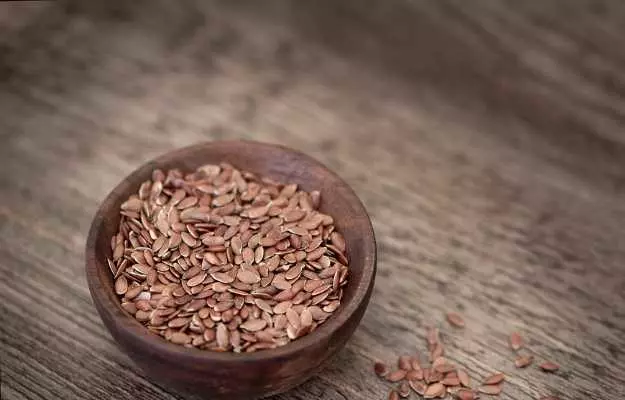What are flaxseeds?
Most of the health-conscious people in today’s generation are well aware of the ‘miracle’ flax seeds. If you are one of those who have been recommended to take flaxseeds and are looking to know more about its health benefits you are in the right place.
Flaxseeds are known to be a wonderful source of dietary protein for the young and old generation, it has made a place for itself in everyone’s heart. What started off as a dietary supplement, has quickly filled up the market shelves in the form of confectionery, cereals, energy bars etc. In fact, the farmers are selectively breeding flax plant for a better quality of seeds. Although science and research have succeeded in providing improved varieties of the flax seeds in the market, this 21st-century wonder isn’t as new as you may think. The earliest record of flax seeds uses dates back to the palaeolithic era. Flax seeds and fiber have also been mentioned in the bible. The Egyptians have been known to use linen and linseed in the mummifying procedures to preserve and wrap the body before it is buried. So it won’t be wrong to say that the use of flax seeds is as old as man himself.
Some basic facts about flax seeds:
- Botanical name: Linum usitatissimum (the species name means “very useful”)
- Family: Linaceae
- Common name: “Alsi ke beej”, Linseed, Flaxseed, Common flax.
- Sanskrit name: Atasi
- Parts used: Seeds
- Native region and geographical distribution: Flaxseed is grown in most of Europe and Asia, Canada and parts of America. Maharashtra, Bihar, Chhattisgarh and Madhya Pradesh are the main producers of flax seed in India.
- Energetics: Warming.













